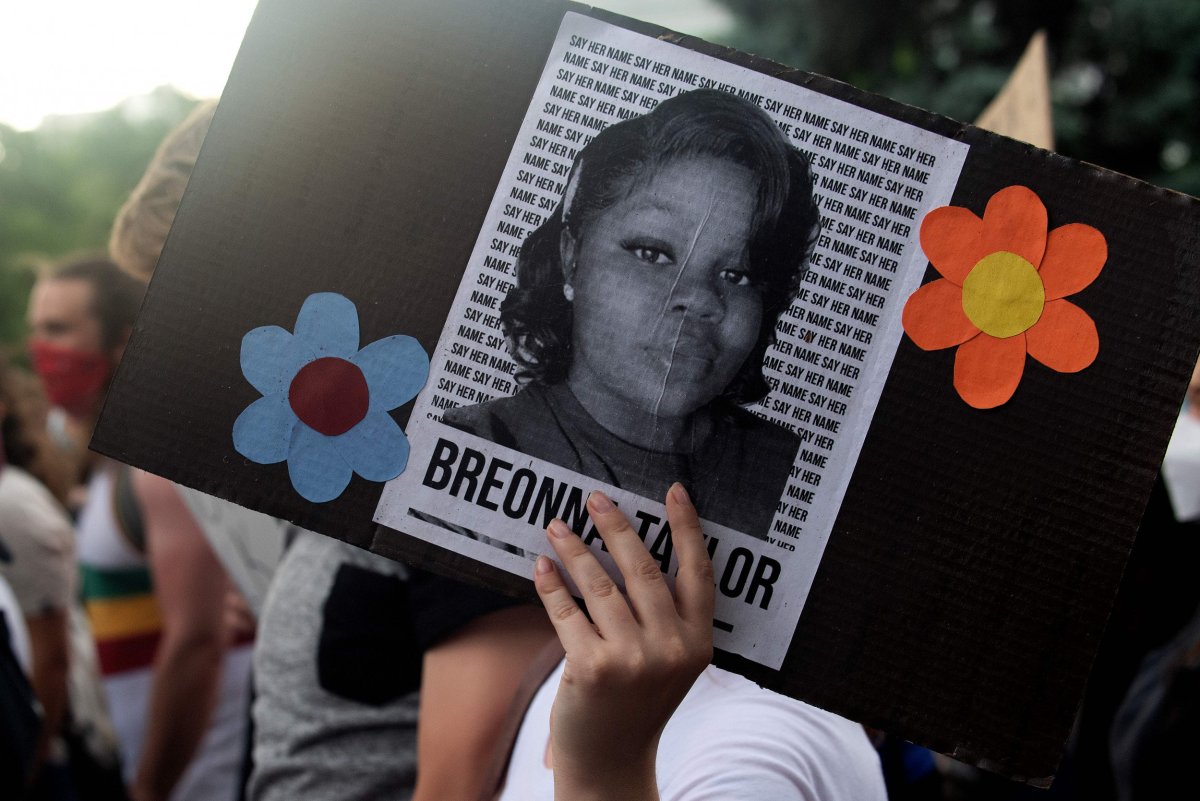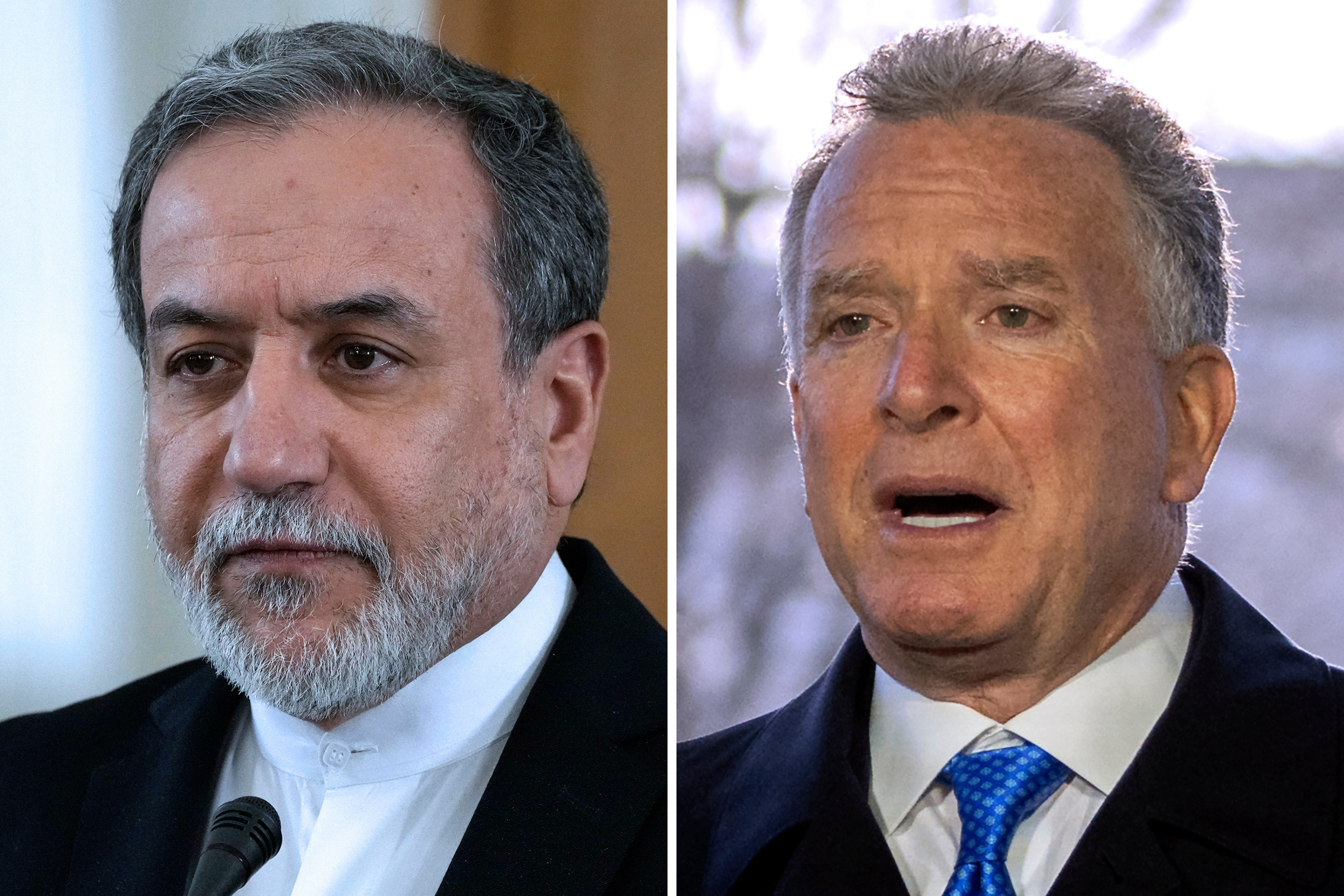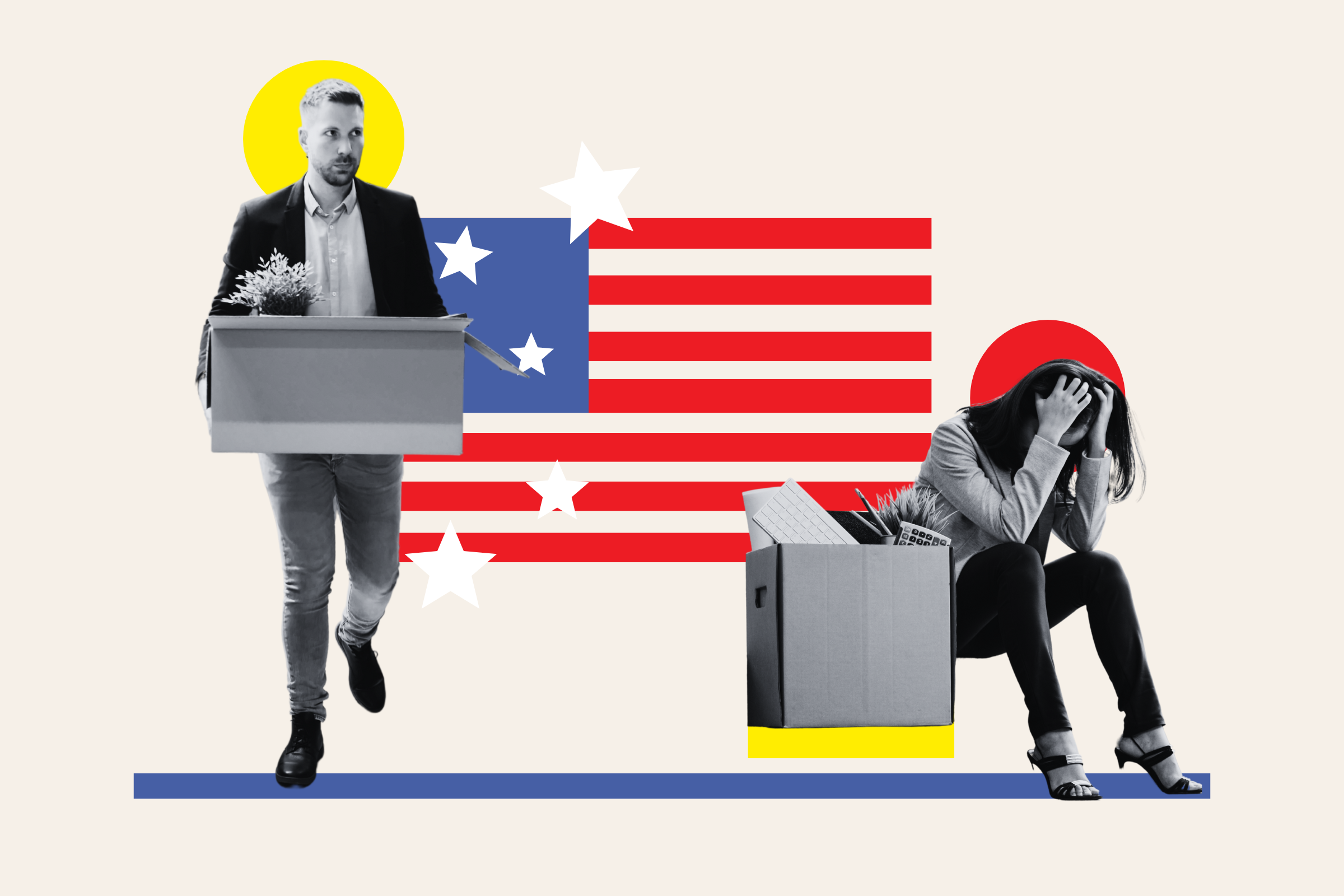🎙️ Voice is AI-generated. Inconsistencies may occur.
Republican Kentucky Sen. Rand Paul has introduced a bill seeking to impose a nationwide ban on the enforcement of no-knock warrants—the type of warrant police used to access the home of Breonna Taylor before fatally shooting her.
Taylor, a 26-year-old black woman, was shot several times by police after they broke down the door of her Louisville apartment in an attempted drug raid in March.
Her boyfriend, Kenneth Walker is alleged to have reached for his gun and fired at police, who were dressed in plain clothes. His lawyers have asserted that he used his firearm because he suspected the officers of being robbers.
Officers fired back and that is when Taylor was shot.
Her mother has since filed a wrongful death lawsuit against the three police officers involved, asserting that police should not have enforced the warrant, since the suspect they were searching for had already been arrested at another location.
The new bill introduced by Paul, titled the "Justice for Breonna Taylor Act," would require federal law enforcement officers to provide notice of their authority, as well as the purpose of a search, before being able to execute a warrant.
It would further require the same thing of any other state or local law enforcement agency that receives funds from the Department of Justice.
In a statement, Paul said that "after talking with Breonna Taylor's family," he had "come to the conclusion that it's long past time to get rid of no-knock warrants."
"This bill will effectively end no-knock raids in the United States," he said.
The new bill comes as Louisville's Metro Council voted unanimously to ban no-knock warrants in the city, with new legislation called "Breonna's Law."
Taylor's name has been invoked at protests across the country demanding that the U.S. address police brutality against black people and systemic racism in the country following the killing of George Floyd.
Despite the dangers that no-knock warrants pose to civilians, as well as to police, most states have continued to allow them to be carried out, with some states actively enacting laws authorizing the warrants.
A 2017 study by The New York Times found that few states offer protection against the execution of such warrants, with 13 states enacting laws specifically authorizing such warrants. Another 13 states had authorized them through appellate court rulings, while seven states had allowed no-knock warrants to be regularly granted. In 16 states, the warrants were not commonly carried out, but police had been able to make unannounced entries using standard warrants.
In Oregon, however, unique state laws bar no-knock entries from taking place across the state.
Meanwhile, a 1994 state Supreme Court ruling in Florida barred execution of the warrants, with the opinion asserting that the police action came with a "staggering potential for violence to both occupants and police."

About the writer
Chantal Da Silva is Chief Correspondent at Newsweek, with a focus on immigration and human rights. She is a Canadian-British journalist whose work ... Read more



